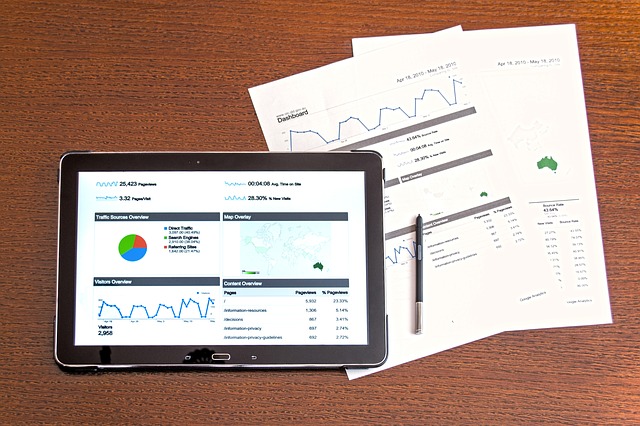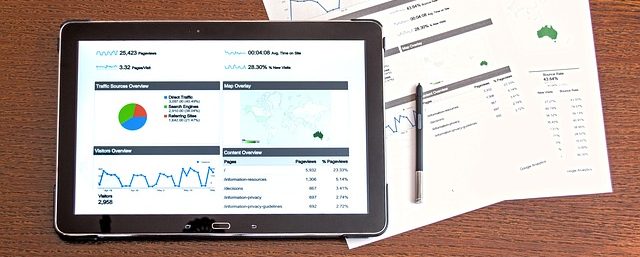How Your Business Can Benefit from Real-Time Reporting
Time used to be when companies planned for their businesses on a periodic basis. Analysis and reports would be generated in quarterly, semi-annual, and annual periods, for example. Long-term plans would usually be measured in 3 to 5 years, while mid-term goals would be determined in 1-3 years.
If your company still operates in such a manner these days, you will surely not benefit as much as data-driven organizations that thrive in the fast-paced and dynamic nature of the digital age. Many industries today receive and process steady streams of real-time data and information, brought about by gateways such as the Internet and mobile communications technology.
Harnessing real-time information
Consider the fact that data today is generated, as well as demanded, in an almost instantaneous basis. There’s social media like Twitter, Facebook, and Instagram as well as websites involved in online shopping and e-commerce.
Transactional systems such as point-of-sale in traditional brick-and-mortar shops also generate constant data. Sensors and devices that record various data—from environmental and climate conditions to road traffic, security, and surveillance information—are also important sources of data. Likewise, systems that track financial data and stock market movements also present a wealth of insights to be mined and analyzed.
Tech-based solutions like real-time data replication tools are the answer when it comes to harnessing and understanding all these real-time information.
Database replication
Real-time reporting of information is made possible by database replication techniques. Traditionally, data generated by activities, transactions, and communication are collected and stored before they are pored over and analyzed. With the immense volume and constant stream of information in today’s digital age and Internet of things (IoT), such methods are no longer as efficient as before.
Database replication utilizes a different approach than simply copying or transferring information as is directly from the source. The key is to monitor and utilize specific changes in the data only. For instance, a system may rely on event- or transaction-based triggers that will effect changes in the database copy. The most common and efficient approach is log-based data capture, where changes in the data is monitored and used in updating the business intelligence database.

Pexels / Pixabay
How your business benefits
Being able to look at data as it happens real-time is y important these days because it allows you and your organization to adapt to fast-changing market trends and make quick business decisions. This is most evident in industries such as sales and marketing.
Consider how consumers these days act very quickly in terms of purchase decisions. If you are able to keep a close eye on their behavior and inclinations, your company can swoop in on opportunities to upsell, for instance, or to suggest related merchandise that a particular shopper may be interested in.
This impacts your business organization in a wider scope, in that you are able to manage inventories better and more efficiently, leading to increased profitability. Even operational aspects such as shipping and logistics can be greatly improved if you are armed with insights and information regarding your customers.
Data handling
Database replication systems also help businesses manage information more effectively and securely, especially in industries with compliance requirements such as healthcare, law, academics, and so on. Storing data either for records or for reference is made easier and accessible.
In the IT and technological industries, database replication techniques are valuable in allowing systems testing and review, without disrupting regular or current operations. You can backtrack on development stages and diagnose issues and errors, in order to correct them and prevent them in the future.
Businesses no longer have the luxury of time to plan in a strategic yet highly time-conservative basis. You may need to devote resources into acquiring data replication systems in the beginning, but its benefits definitely provide a tangible return on investment for your business in the long run. You just need to find the right solutions provider who can be your trusted partner in developing the perfect system for your organization’s data needs and requirements.

